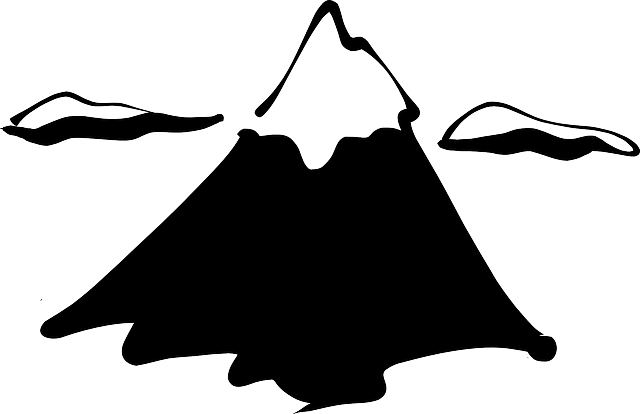This final article will be an explanation of the VERY best way to memorize something in the fastest amount of time possible and to remember it for months or even years. One great way that you can use this memorization technique is to easily learn a language.
Still with the example of learning a language in mind; imagine you learn a new word in Dutch and after memorizing it you wait one day and review it again. If instead, you waited a day or two longer, you might have still been able to recall it but with much more difficulty. Either way, after a while your memory of that word will decline if it is not reviewed. This is obvious but it is called the forgetting curve.
Read more ...
So you learned some amazing memorization techniques and you even learned some information about how to improve your memory, but despite all this you truly want to change your life and the way that you memorize everything in order to be successful. Well you don't need to look any further because I will be sharing the 4 absolutely best memorization books on the market today, that will teach you all the insider tricks that the professionals use to learn anything!
There are a lot of books out there about memorization techniques and all sorts of things related to memory that frankly just tell you information you already know and reveal unimpressive and often extremely basic tips. The four books I will be sharing bellow are the complete opposite and are fully packed with great information that will truly help you find what you are looking for.
Read more ...
What is this all about?
Improving your memory isn't just about a series of memorization techniques, but goes much deeper into your lifestyle, diet, and general daily activities. Just like with many things if you take all these steps to improve your memory it will go beyond just that and help other parts of your body.
What happens to the brain.
Your brain has a feature that is called brain (neural) plasticity. Now this doesn't literally mean that it is plastic, but instead just refers to the brains ability to change throughout your life.
The process of learning changes your brain, so in a way every single thing you see, hear, and do strengthens or creates new neuron connections (or synapses). Getting technical; your brain receives information through Dendrites (the connections where the neurons meet also called synapses) and transfers information to other neurons through axons. All these transfers occur through electrochemical signals. If something you learn isn't used then those synapses start to shrink through a process called synaptic pruning. This can be a good thing when you don't need the information, but if (for example) you're trying to learn information for a test in math, and then never practice what you learned again you began to forget it.
Read more ...
So? Now what...
If you read the last article: The Obvious Memorization Techniques you probably learned what type of learner you are and this will come in use when picking the best technique from this article. And not to over
simplify anything, and although the things I wrote in that article are important,
you probably already heard all of this dozens of times so I'll just cut
to the chase and tell you some real memorization techniques! These will
be some of the most well established and generally amazing ways to put
memorization techniques to use.
Read more ...
Typical Introduction- What kind of learner are you?
Maybe this is a little misleading because this explains more of what
type of learner you are, I suggest you read this first and then go to my
next article linked in the bottom that goes into some real memorization techniques.
So if you've ever tried to learn something and as hard as you tried you kept getting distracted, losing focus, and felt helpless or that its just taking way to long and no progress is being made, then you might really need some help learning to use Memorization Techniques.
As basic as this might sound memorization is really just the process of committing something to memory. This means you can learn and study homework or memorize a deck of cards and impress your friends. So there are three types of learners and knowing this is important to use the best memorization techniques:
1. Visual Learners (seeing): They like to see information with your eyes such as charts, diagrams, or pictures and when thinking or looking into the distance they imagine everything in pictures or words.
2. Auditory Learners (hearing): Everything to them is learned easier when it's heard orally in talks, lectures, or conversations, and tend to have a large vocabulary and have good language skills.
3. Kinesthetic Learners (touching): Learning comes easier when they are doing something hands-on. They often remember how something feels and like to build or construct things or use their hands.
But remember, even though you might be better at one than the another knowing and using all three techniques will be most effective and will ensure you remember and memorize what you need. You can click on any of these.
Anyways, all these things above are basic and if you want to know some really effective techniques then continue onto my next article: 4 Amazing Memoriation Techniques
Read more ...





